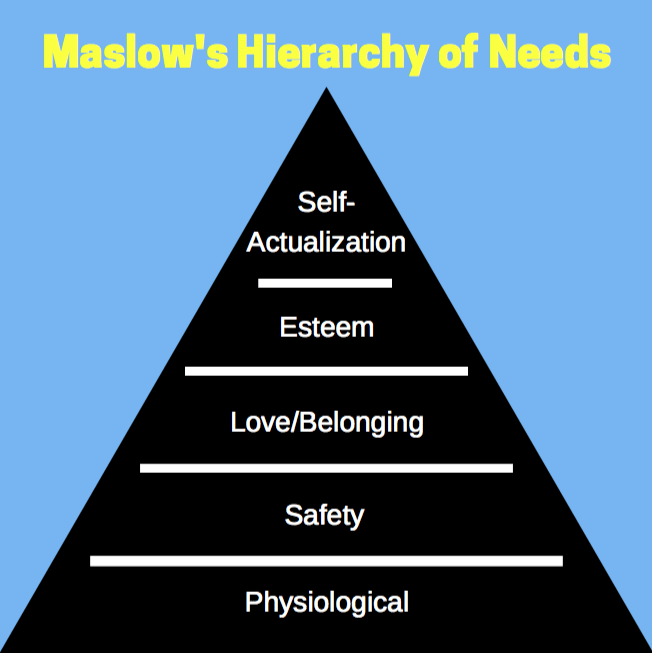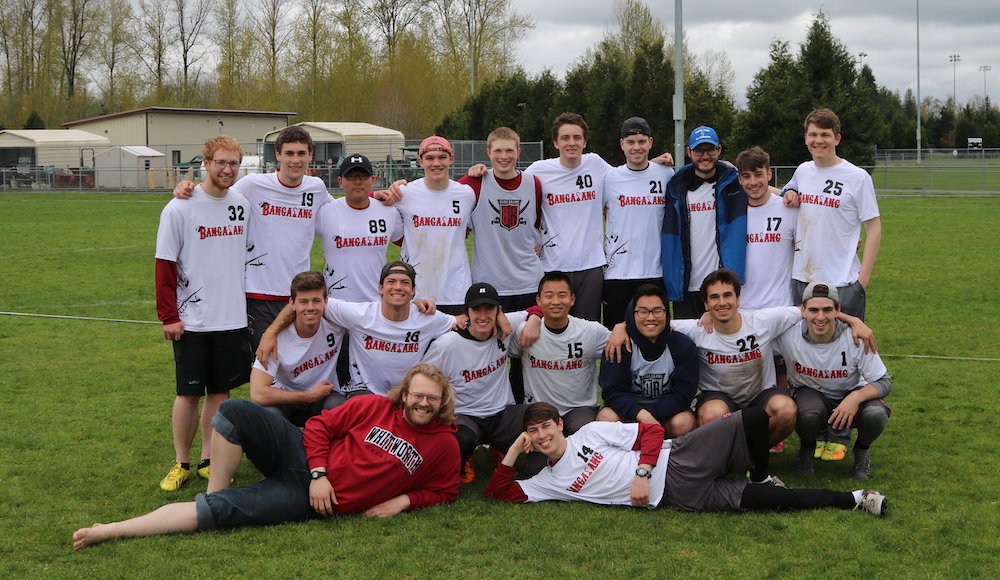
At some point or another in your education, you came across Maslow’s (1943) Hierarchy of Needs. In this pyramid, five levels of need are listed: physiological, safety, belonging, esteem, and self-actualization. The way the pyramid works is from top to bottom, similar to the commonly-used food pyramid, with the most important at the bottom and then least necessary at the top. Although some students do not feel as connected to the university as others, the point of this article is to show the efforts the university does to meet the basic needs of students in the attempt to help students reach self-actualization. Having been a student here for the past three years, I have come to realize that that Whitworth has holistically fulfilled each of these needs each individual students.
The first level is physiological. These needs include basics such as health, food, water, warmth and rest. The university meets these needs in a number of ways throughout a student’s time there. We have a four-star cafeteria that has a wide array of options that takes suggestions from its students. We have water dispensers spread across campus in every building. The residence halls, while some may be newer than others, supply the warmth and relaxation needed to have a good night’s rest and a comfortable living space. And if that wasn’t enough, Whitworth is constantly looking to its students for feedback and advice through a variety of surveys and questionnaires that seek the individual student’s voice amongst the tier of management.
The second level of the pyramid is safety. Whitworth excels at this in many ways. We have an outstanding grounds crew that clear the roads for us, keep trees safe, and manage waste around campus. We have facilities that will fix things for us and replace anything we need that not only makes us more comfortable but keeps us safe from potential dangers we may or may not be aware of. In addition, we have a strong team of security that roams the campus 24/7 and enforces university rules, such as speeding, alcohol on campus etc.. as well as respond quickly to any reports of violence or disturbing behavior anywhere on or off campus.
The third level is that of belonging. This one is a little bit trickier than the last two but the fulfillment here comes from residence life hosting events such as “Traditiation” at the beginning of the year, ASWU putting on events throughout the year to get people involved around campus, and the worship teams inviting anybody and everybody to join them on Tuesdays, Wednesdays and Thursdays. We also have the coffee shop, bookstore and the Hello Walk to give students the sense of belonging highly often sought after in college campuses. Belonging is a very crucial level and is the first level beyond the two levels of basic needs. We are designed for relationships and community and Whitworth does a fabulous job of making sure students campus have a strong sense of belonging and pride in their school.
The fourth level of the hierarchy is esteem needs. These are respect, self-esteem, status, recognition, strength and freedom. Each of these aspects are critical in the development of a person, and especially in the stage that many of us are at now in which we are understanding our worldviews, our identities and learning to be a part of the bigger picture in life. Whitworth grows its students through the functioning of RAs who are trained to grow leaders and grow adults who seek independence. With other factors such as professor-student relationships, worship teams and conversations with close friends, it is not difficult to see just how much room for growth and introspective reflection there can be as a student at Whitworth.
Finally, the last step is self-actualization. This is the entelechy of all mankind; the desire to become more than what we are now and the best that we possibly can become. An education of mind and heart seeks out more than just getting each student a degree in life; it seeks the desire to grow each student as an individual and teach them through personal experience as well as receiving advice from peers and professors, that all of life is about growing the mind and the heart. When we have come to grow our minds and hearts, we can begin to speak more intentionally toward people and seek the good in others and for ourselves. Not only that, but we can also preach the gospel through our actions as well and live out the call to love others, act justly and walk humbly with God. None of this would be possible without each of the needs of the students, on each of the lower four levels, was not met and cared about by each link involved in the organization of Whitworth University.
Contact Ein Huie at [email protected]






